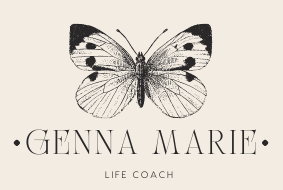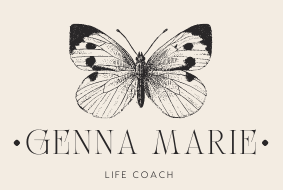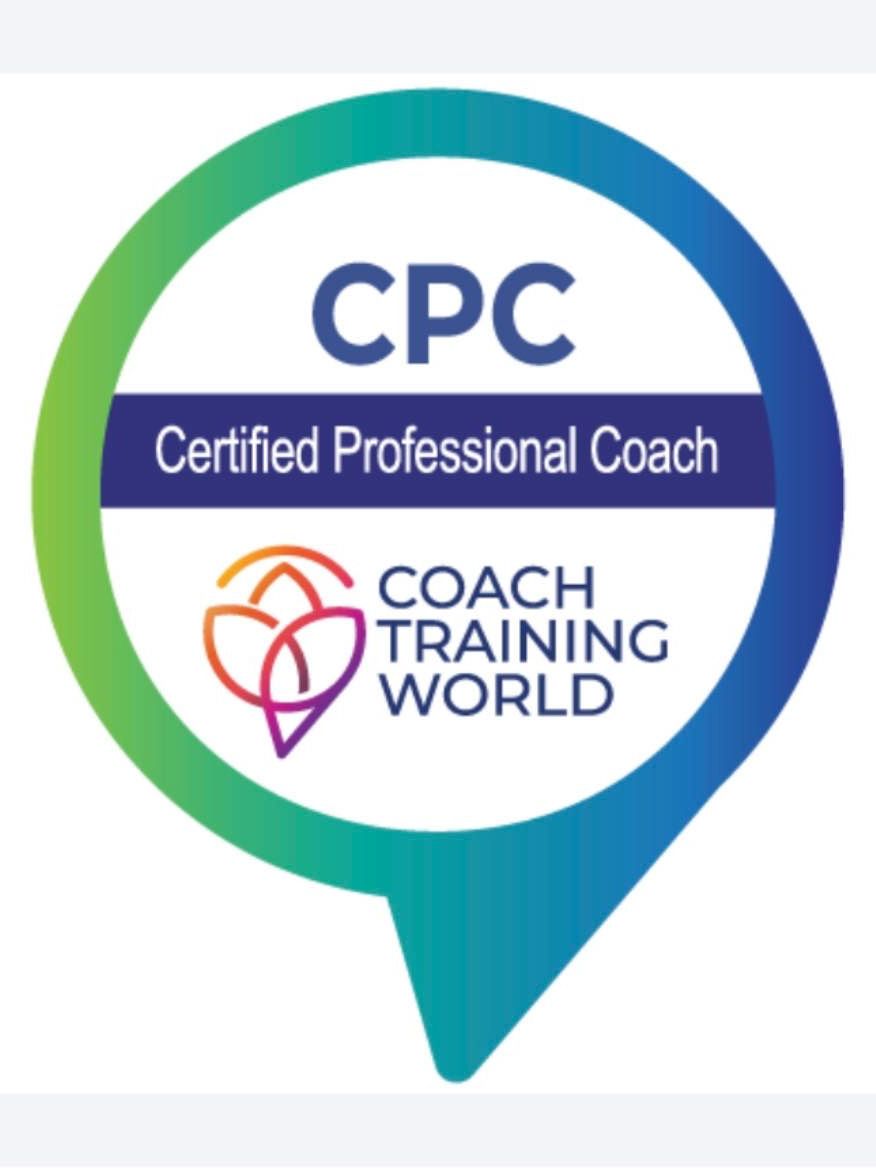Redefining Divorce: Yes, You Can Be Friends With Your Ex
Redefining Divorce: Yes You Can Be Friends With Your Ex
When people hear the word “divorce,” it often conjures images of courtrooms, conflict, and cutting ties. But what if it didn’t have to be that way? What if divorce could be reshaped—more of a transition than a termination?
For some of us, the end of a marriage doesn’t have to mean the end of the relationship entirely. It may no longer be romantic, but it can still be respectful, supportive, even loving in its own way. Yes—you can be friends with your ex.
It may sound strange to some. People might raise their eyebrows when you take family trips together or share holidays. They may say, “That won’t last,” or “That’s not healthy,” because it doesn’t fit the typical post-divorce narrative. But here’s the truth: no one else is in your relationship, and no one else should get a say.
Just like every marriage is different, every divorce can look different too. If both people are committed to maintaining a kind, cooperative, and honest connection—for the kids, or simply because you still value each other as humans—then who’s to say it’s wrong?
Let’s be honest: it’s not always easy. Staying connected after divorce takes intentional work. There will be boundaries to navigate, emotions to process, and new dynamics to figure out. It’s not about pretending the past didn’t happen; it’s about acknowledging what was, and choosing a new way forward. One built on mutual respect, not resentment.
There will be awkward moments. You may find yourself grieving while also laughing with them. You may have to explain the arrangement more times than you’d like to people who just don’t get it. But again—it’s not for them to get.
When you choose to maintain a positive relationship with your ex, you’re modeling something powerful: that endings don’t have to be bitter, that love can shift forms, and that peace is possible even after pain.
You’re allowed to create your own version of post-divorce life. Whether that means co-parenting with grace, traveling together as a blended family, or simply being able to text each other without tension—it’s your life, your healing, your rules.
⸻
What I Can Help With:
Whether you’re newly separated or have been navigating the post-divorce world for years, this transition can bring up a storm of emotions and questions. That’s where I come in.
As a Life and Relationship Coach, I help people through the emotional, practical, and relational challenges of divorce, including:
• Rediscovering your identity outside of the relationship
• Managing communication with your ex (especially if you share children)
• Setting healthy boundaries without cutting off connection
• Learning how to co-parent without conflict
• Figuring out what you want now—for yourself, your future, and your relationships
• Dealing with the grief, guilt, confusion, and even relief that may come
• Creating a version of your post-divorce life that feels aligned and authentic
Divorce doesn’t have to be the end of love—it can be the beginning of a different kind of connection. One that’s rooted in compassion, maturity, and choice.
And you don’t have to do it alone.
If you’re ready to redefine what life after divorce can look like, I’m here to help you build it.













